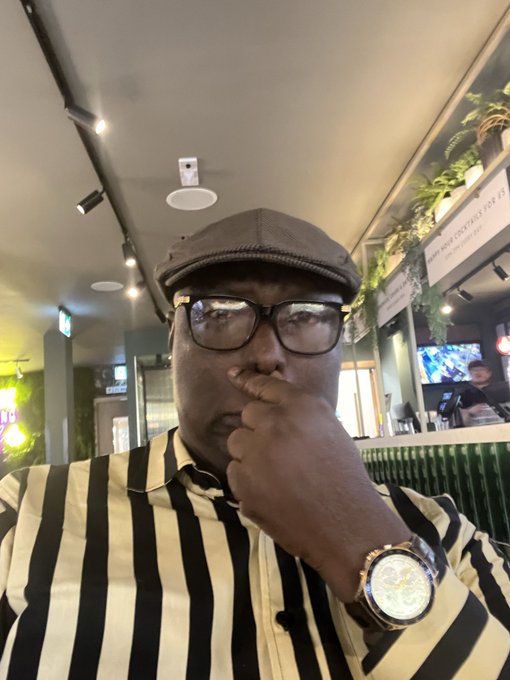Babafemi Ojudu, a former Special Adviser on Political Matters to ex-President Muhammadu Buhari, has lifted the lid on the intricate political machinations that led to the impeachment of Ayodele Fayose as governor of Ekiti State. Speaking candidly on Edmund Obilo’s State Affairs podcast, Ojudu revealed how he orchestrated the dramatic ousting with the assistance of former President Olusegun Obasanjo.
“I plotted and scripted the impeachment of Fayose in Ekiti,” Ojudu declared unapologetically. “I used Obasanjo, and when he realized it, he fought back against me.”
This startling admission provides fresh insights into one of Nigeria’s most controversial political episodes, which culminated in Fayose’s removal from office on October 16, 2006.
Ojudu explained that his plan was rooted in exploiting dissatisfaction among lawmakers and political elites within Ekiti State. Despite not holding any official political position at the time—he was a journalist—he described how he wielded influence and resources to undermine Fayose’s government.
“I had an agreement with Obasanjo and signed that Fayose should be impeached but made sure his deputy wasn’t touched,” he said. “I took all the lawmakers to Lagos, where I kept them in hotels, feeding them and taking care of their needs. They were not happy with Fayose, and I saw that weak link. I exploited it.”
The former aide painted a picture of a calculated operation, involving clandestine meetings, financial incentives, and strategic positioning to ensure success.
According to Ojudu, Obasanjo’s involvement was pivotal but not without its complications. Initially supportive of the plan, the former president allegedly later had his own agenda.
“Obasanjo was angry and gave the deputy governor soldiers to return to Ekiti and proclaim herself as governor,” Ojudu revealed. “When she got there, I called people to resist her, and they had no alternative but to declare an emergency.”
This statement sheds light on the chaotic aftermath of the impeachment, which led to the imposition of a state of emergency in Ekiti State, a move that further escalated tensions.
Fayose, who became the governor of Ekiti on May 29, 2003, after defeating then-incumbent Niyi Adebayo in the gubernatorial election, had a tumultuous tenure marked by controversies and opposition from within his party and the state legislature. By 2006, his administration faced widespread allegations of corruption and mismanagement, which critics say provided fertile ground for his impeachment.
Ojudu’s revelations add a new dimension to the historical narrative, suggesting that personal and political vendettas may have played as significant a role as public grievances in the dramatic turn of events.
Ojudu’s admission also touches on the legal aftermath of the impeachment. He recounted how Fayose sued him for libel, leading to a courtroom showdown where Ojudu, represented by human rights lawyer Femi Falana, presented his case.
“By the time we finished, Justice Daramola told Fayose, ‘You have no honour and integrity,’” Ojudu recounted triumphantly.
This legal confrontation became a defining moment in the feud between the two men and further cemented the narrative of betrayal and political intrigue surrounding Fayose’s impeachment.
The revelations by Ojudu have reignited public debate about Fayose’s tumultuous time in office and the political culture in Nigeria. While some view the impeachment as a justified response to alleged corruption, others see it as a grim reminder of the country’s history of power plays and political manipulation.
Fayose, despite the impeachment, remains a polarizing figure in Nigerian politics. He later returned to political relevance, serving a second term as governor of Ekiti State from 2014 to 2018. His resilience has endeared him to his supporters, who see him as a victim of political scheming.
Ojudu’s confession underscores the pervasive influence of power brokers and the backroom dealings that shape Nigeria’s political landscape. It also raises questions about the ethical boundaries of political engagement and the extent to which personal vendettas drive public decisions.
Ojudu’s candid recounting of his role in Fayose’s impeachment leaves lingering questions about the motivations and actions of the key players involved, particularly Obasanjo. Was the former president complicit in a broader scheme to destabilize Ekiti’s government, or was his involvement limited to supporting a perceived political necessity?
Moreover, what lessons can be drawn from this episode about the balance of power in Nigeria’s federal structure and the mechanisms for holding governors accountable?

